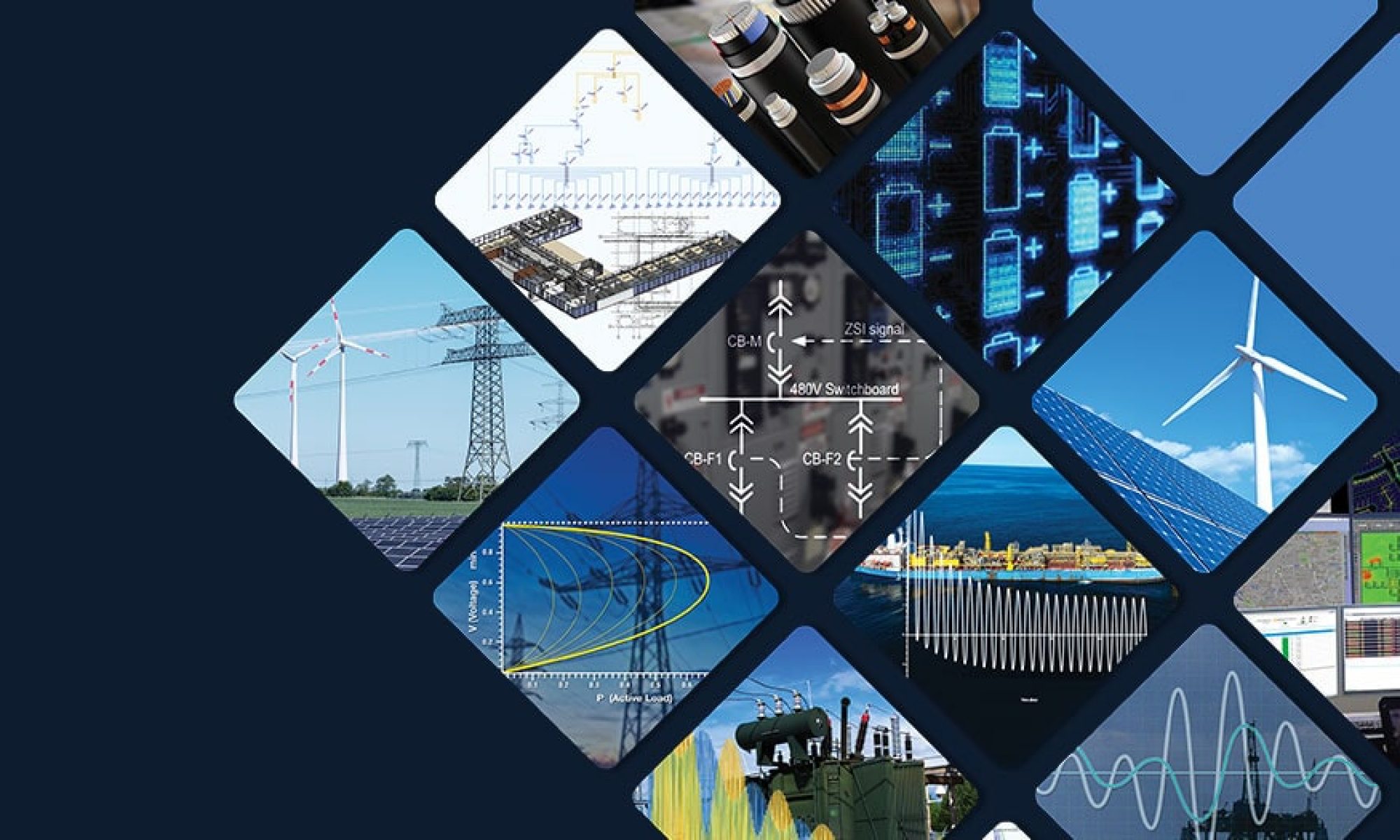The doctoral students’ training activities include highly specific topics, often at the forefront of scientific and technological research, related to the research project that is the focus of their individual PhD path.
In addition, more general training activities are offered, aimed at addressing individual gaps.
The program also includes multidisciplinary, transdisciplinary, and interdisciplinary training activities, with a focus on research dissemination/communication skills, research ethics, technology transfer, and entrepreneurship.
Courses are offered on the structure of European and international research systems, as well as advanced language skills (e.g., scientific article writing methodologies, written/oral communication techniques, etc.).
First Year
ADVANCED FORECASTING AND OPTIMIZATION TECHNIQUES FOR POWER SYSTEMS: AN INTRODUCTION
ANALYSIS OF (NETWORKS OF) NONLINEAR OSCILLATORS
POWERING THE FUTURE: BATTERY ENERGY STORAGE SYSTEMS, AN AI-ENHANCED
TRAINING COURSE
THERMAL IMAGERY FOR REMOTE SENSING: PRINCIPLES, METHODS, AND ENGINEERING APPLICATIONS
CYBERSECURITY FOR INDUSTRIAL CONTROL SYSTEMS
PRINCIPLES OF SYSTEMS ENGINEERING
Second Year
POWER SYSTEM ADVANCED MODELING, SIMULATION AND SCRIPTING WITH POWER
FACTORY
ADVANCED PROGRAMMING IN MATLAB AND SIMULINK
ENERGY MANAGEMENT SYSTEMS FOR POLYGENERATION MICROGRIDS
LIGHTNING EVENTS AND INTERACTION WITH OVERHEAD DISTRIBUTION SYSTEMS
REAL-TIME SIMULATION AND HARDWARE IN THE LOOP TESTING OF INVERTER BASED
RESOURCES
